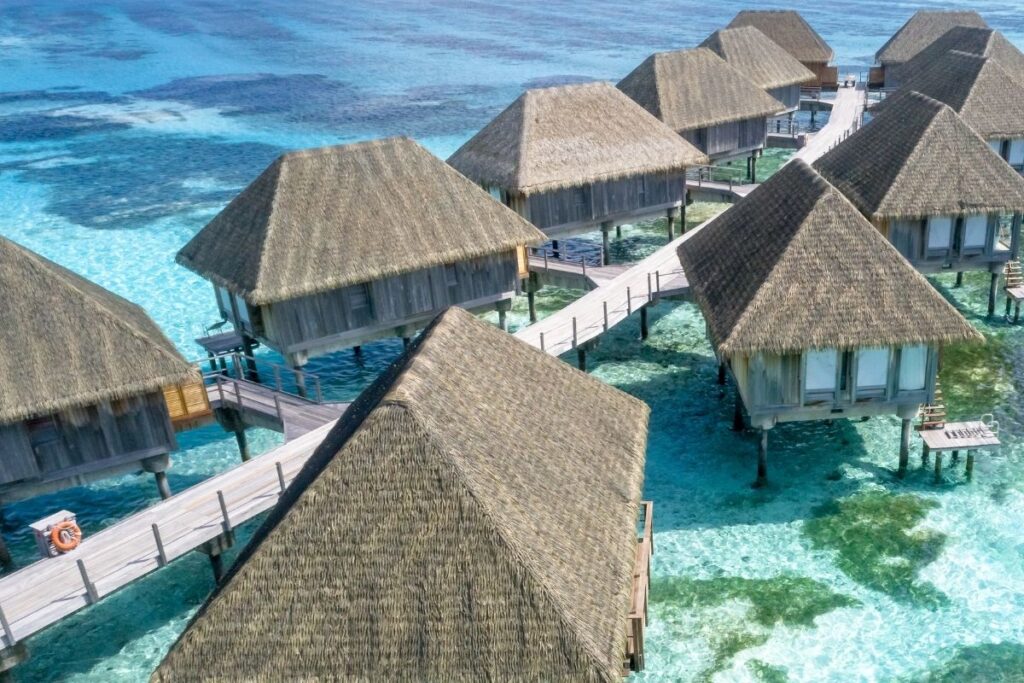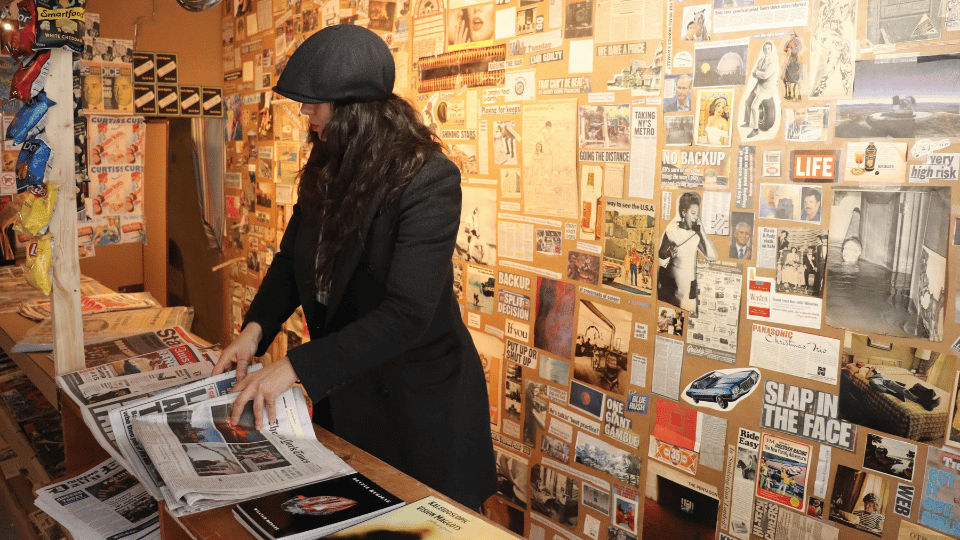Hotels often expand into what is called neighboring businesses. This concept is in addition to their core business of operating rooms for overnight guests.
Many hotels in resort destinations may feature a timeshare component. Overnight guests can buy weekly intervals of units.
It’s not uncommon for hotels to be a part of apartment buildings in urban areas. Residents who own apartments above or below the hotel property feel a unique sense of pride or value. They are happy having their units affiliated with a luxury hotel brand. As a result, hotels have expanded into businesses that are complementary to the hotel industry.
In resort markets, hotels have evolved into timeshares, residential condominiums, lot sales, and even community care facilities for the elderly.
Hotels need a large quantity of support space to ensure operations run properly. You might have basement sales offices, accounting offices, paint shops, upholstery repair shops, and more to assist the process. Yet, revenue is in selling guest rooms and food and the provision of food and drinks.
There is a lot of pressure in the hospitality industry to maximize the space in the hotel that generates money. Hotels must optimize efficiency with “facility programming.” It’s also essential to minimize the areas that are simply required for the support of the operation.








